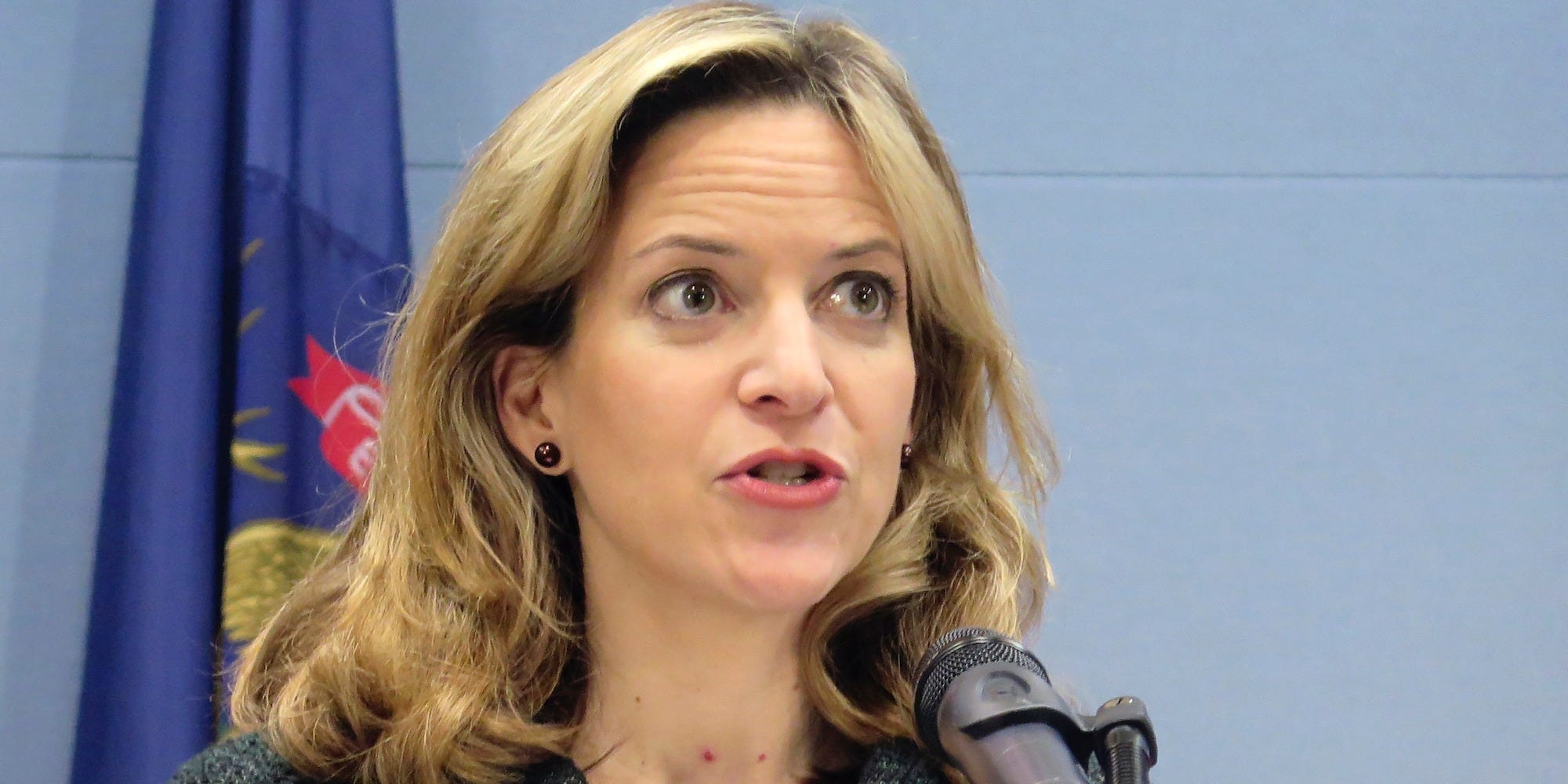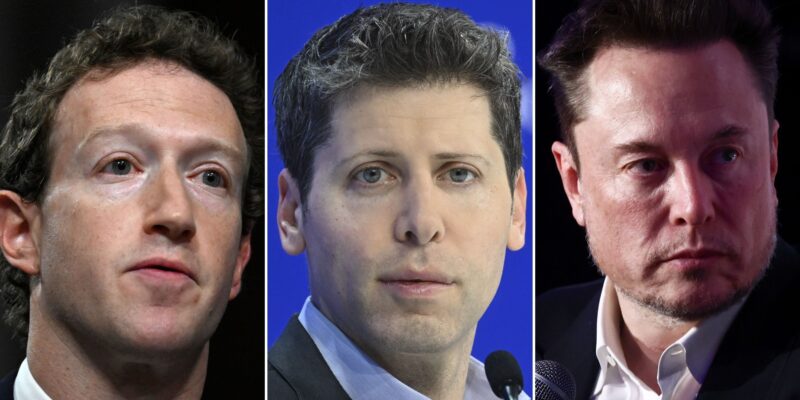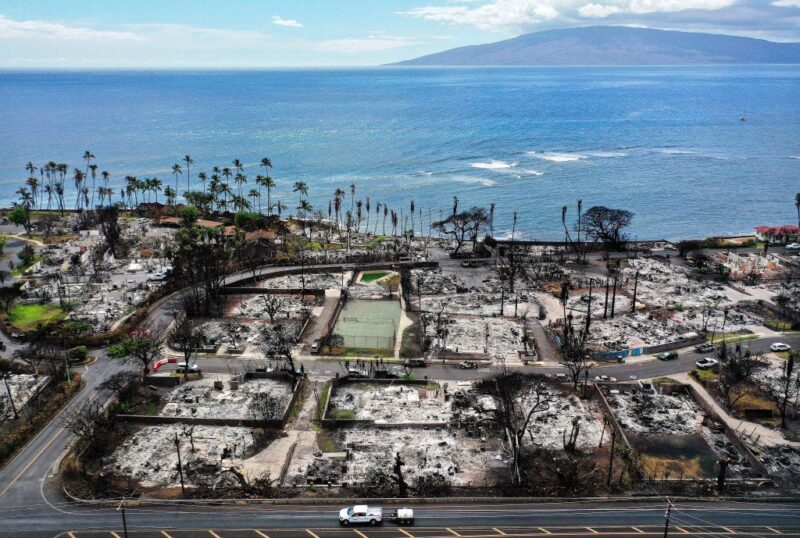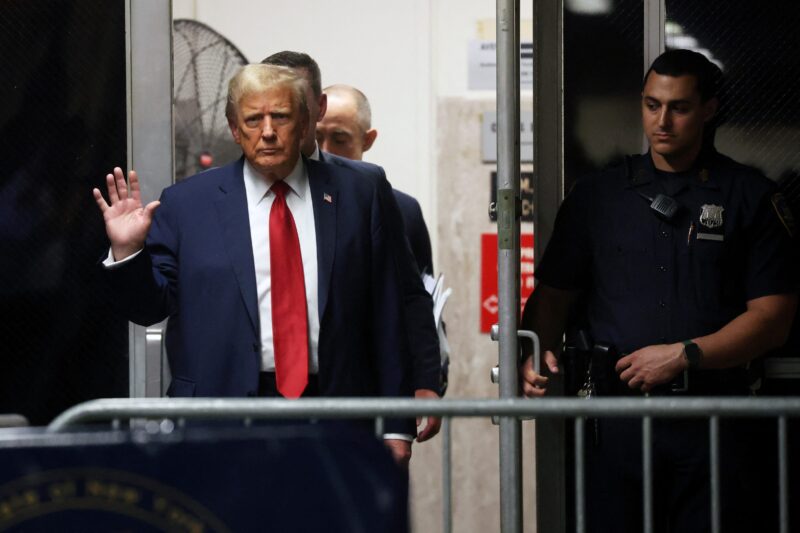- In a Wednesday-morning tweet, Trump threatened to withhold federal funding to Michigan over the state’s decision to mail every registered voter an absentee ballot request form.
- He falsely claimed that Michigan is sending a ballot to every registered voter (the Secretary of State’s office is only sending a request form) and claimed the decision “was done illegally and without authorization.”
- Michigan’s Secretary of State and top election official Jocelyn Benson told Insider that Trump is incorrect, saying her office does not need any approval from the legislature to mail all voters a ballot request form.
- “It’s certainly disappointing, because all we’ve done in Michigan is use the federal funding provided by the CARES Act … to make elections more accessible and secure for every voter, including many who supported him in past elections,” Benson told Insider.
- Visit Business Insider’s homepage for more stories.
In a Wednesday-morning tweet, Trump threatened to withhold federal funding to Michigan, which just suffered a natural disaster when two dams collapsed, over the state’s decision to mail every registered voter an absentee ballot request form for its August primaries and November general election.
In the tweet, he falsely claimed that Michigan was sending a ballot to every registered voter (the Secretary of State’s office is only sending a request form), claimed the decision “was done illegally and without authorization by a rogue Secretary of State,” and tagged Office of Management Director Russel Vought, his Chief of Staff Mark Meadows, and the US Treasury Department.
In later tweets, Trump wrote that Michigan’s Gov. Gretchen Whitmer needed to “set” the state “free” (presumably from coronavirus restrictions) in order for Michigan to receive disaster aid for the flooding from FEMA.
https://twitter.com/realDonaldTrump/status/1263074783673102337?ref_src=twsrc%5Etfw
In a Wednesday-morning phone interview with Insider, Michigan's Secretary of State and top election official Jocelyn Benson - the target of Trump's tweet - said that not only was Trump's claim incorrect but neither her office nor other groups need authorization from the legislature to send registered voters absentee ballot request forms.
"There is no legal authorization required to send ballots to every registered voter," Benson said. "Everyone has the authority to mail applications to registered voters in our state, and the application is even available on our website. We did this in our May 5th local elections as well, and both political parties and numerous advocacy and nonpartisan groups do this ahead of every election."
As Benson said, Michigan voters overwhelmingly voted in a 2018 ballot initiative to allow all voters to request absentee ballots without an excuse, telling Insider "the right to vote by mail is not a partisan one."
"It's certainly disappointing, because all we've done in Michigan is use the federal funding provided by the CARES Act that's explicitly designated for elections during the COVID-19 pandemic to make elections more accessible and secure for every voter, including many who supported him in past elections," she said of Trump's tweet. "So I hope he recognizes that."
A few minutes after his initial tweet about Michigan, Trump accused the Nevada Secretary of State Barbara Cegavske, who is a Republican, of sending out "illegal vote by mail ballots" by mailing every registered voter a ballot for the state's June 9 primary elections. The president also threatened to cut off all federal funding to the state.
In a Wednesday afternoon statement, Cegavske's office refuted Trump's claim that she had violated the law, noting that Nevada has a long tradition of absentee voting and "many safeguards in place to ensure the integrity of an all-mail election, including signature requirements and verification processes."
"Secretary Cegavske lawfully declared the 2020 primary election as a mail-in election," her office said. "In a recent court order, a federal judge ruled that Secretary Cegavske lawfully exercised authority granted to her by state law to call for a primary election conducted primarily by mail ballot."
State of Nevada “thinks” that they can send out illegal vote by mail ballots, creating a great Voter Fraud scenario for the State and the U.S. They can’t! If they do, “I think” I can hold up funds to the State. Sorry, but you must not cheat in elections. @RussVought45 @USTreasury
— Donald J. Trump (@realDonaldTrump) May 20, 2020
Over the past several months, the president has frequently spread misinformation about the safety and security of voting by mail on his Twitter account, falsely claiming that it "substantially increases the risk of crime and VOTER FRAUD," an assertion that is not supported by any evidence.
Voter fraud and absentee-ballot fraud are both very rare. According to the conservative Heritage Foundation's database of voter and election fraud, there have been only five convictions for fraudulent use of absentee ballots in Michigan since 2007 and none in Nevada.
"There is no evidence to support that voting by mail leads to voter fraud," Benson told Insider. "Voting by mail is safe and secure in part because we have the signature verification in place for citizens to sign the ballot envelope before returning their ballot, and that signature is matched with their registration signature. In every circumstance, we confirm that the person who registered to vote and is eligible to vote is the same person returning that ballot."
In March, Trump himself voted by mail in the state's Republican presidential primary election, according to the South Florida Sun-Sentinel.
Trump has also falsely claimed that expanding absentee and vote by mail would hurt GOP candidates, saying in March that a Democratic coronavirus stimulus package that would expand early and absentee voting "had levels of voting, that if you ever agreed to it you'd never have a Republican elected in this country again."
There is no widespread evidence for Trump's claims that increased voter turnout automatically benefits Democrat. A new working paper from Stanford University found that counties in California, Utah, and Washington saw no clear partisan advantage for either political party when they switched to holding elections almost entirely by mail.
As political scientist Lee Drutman recently wrote for FiveThirtyEight: "Voting by mail is more convenient for some voters but more difficult for others, and these conflicting factors appear to cancel each other out, dampening any partisan advantage. Moreover, the vast majority of nonvoters don't participate not because it's too inconvenient to vote, but because voting isn't a habit for them."
Last week a Republican candidate, Mike Garcia, won a special election and flipped the seat back from Democratic control by a margin of over 9 percentage points in California's 25th congressional district, where all 425,000 registered voters in the district were mailed absentee ballots (a measure Trump notably did not oppose).
As Benson said, many Republican Secretaries of States and election officials in other states have expanded absentee voting and vote by mail to protect voters during the COVID-19 pandemic.
"We have to work together in the election to protect the rights of every citizen. That's what we're doing, and that's what my Republican colleagues are doing in Nevada, in Nebraska, Georgia, West Virginia, and Iowa, all of whom have mailed absentee applications, to voters. We have a duty to be impartial and work for every citizen," Benson said.
In addition to sending each voter an absentee ballot request form, Benson said her office was investing in additional ballot-tabulation machines to speed up the processing of mail-in ballots, introducing ballot trackers and risk-limiting audits to bolster the integrity of mail-in ballots, and providing additional personal protective equipment to poll workers.
"I always say democracy is a team sport, and it requires all of us working together, not just that ensure voters know how to request their ballots, also that if they choose to vote in person, they can do so securely," she said.











